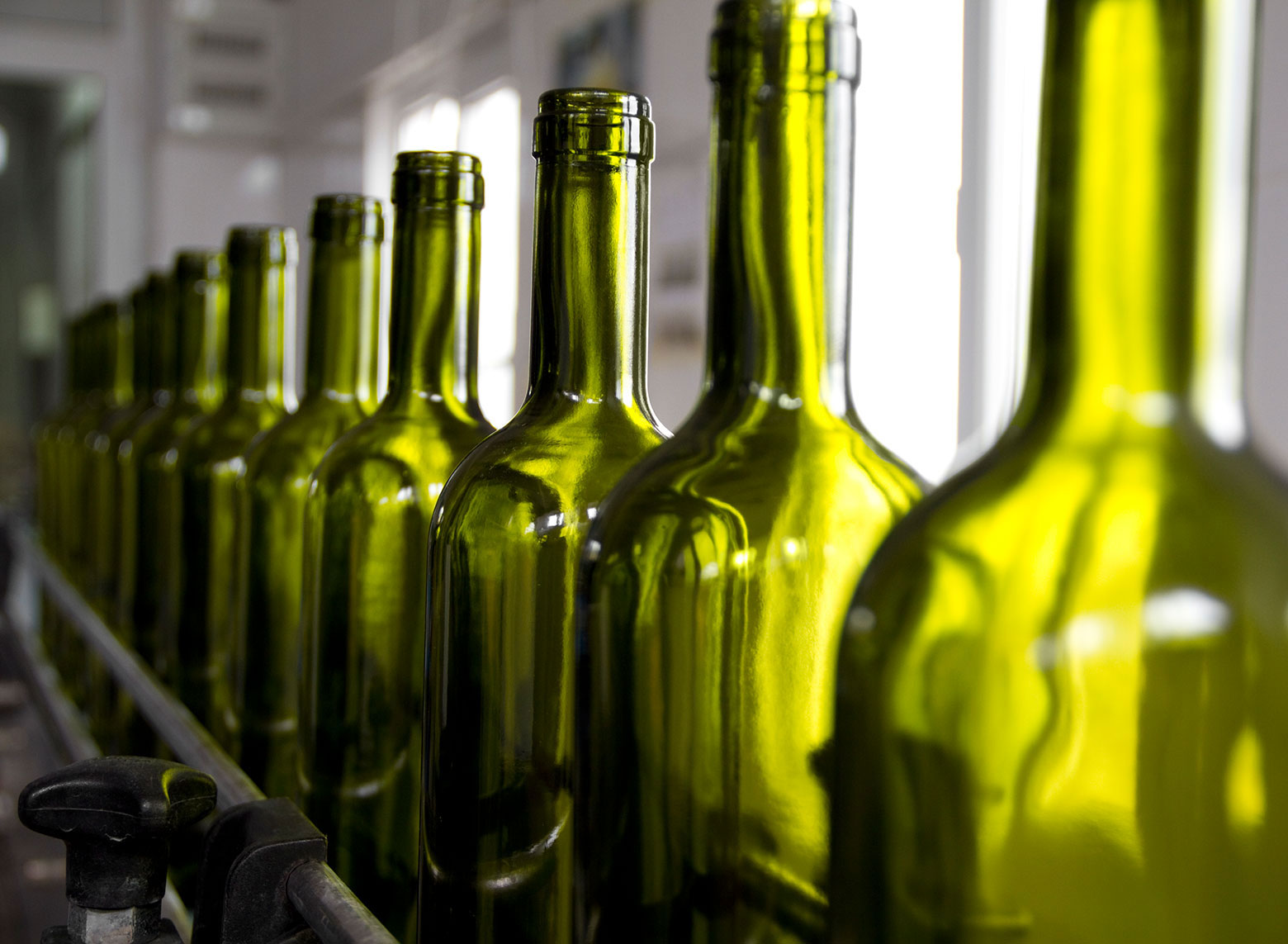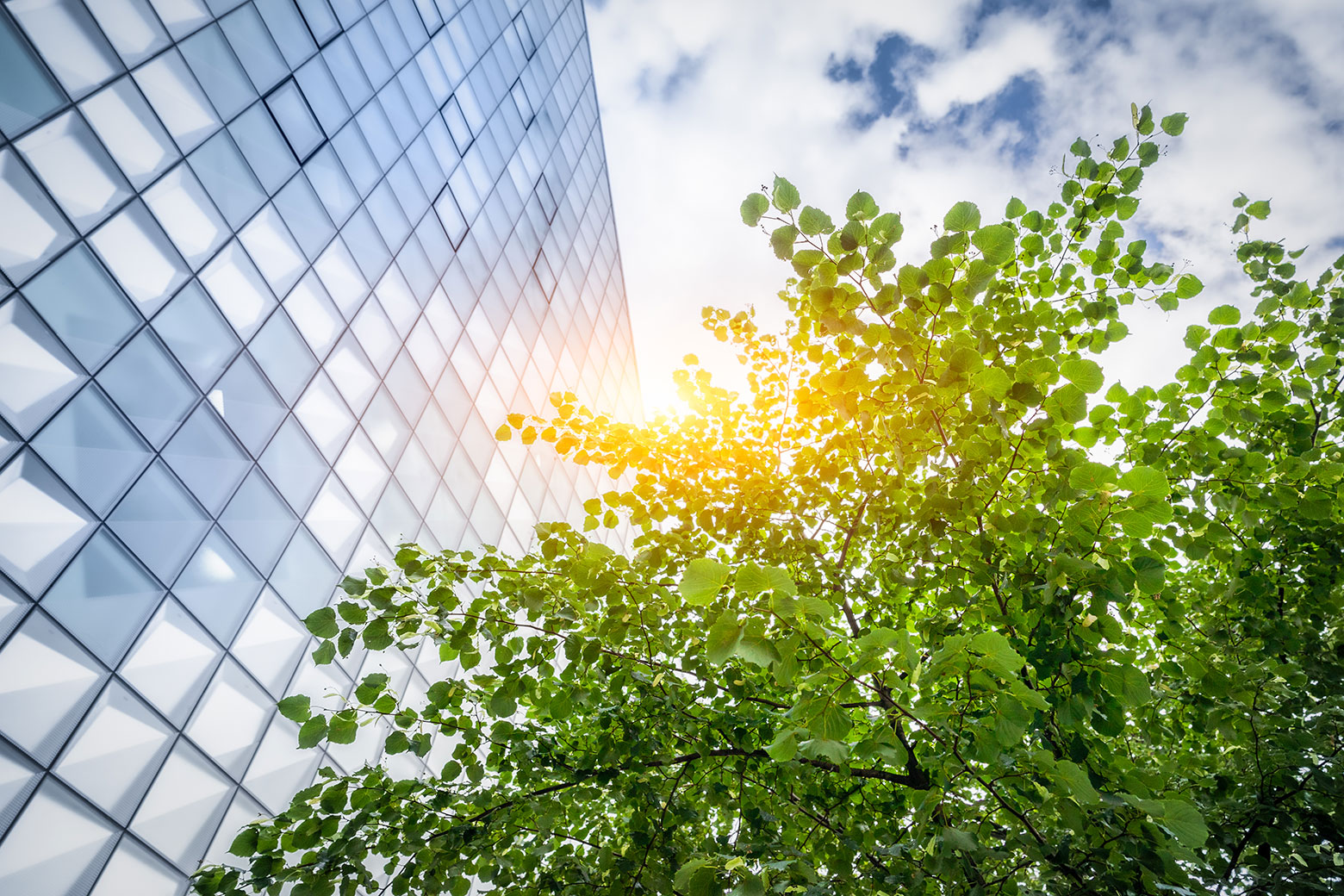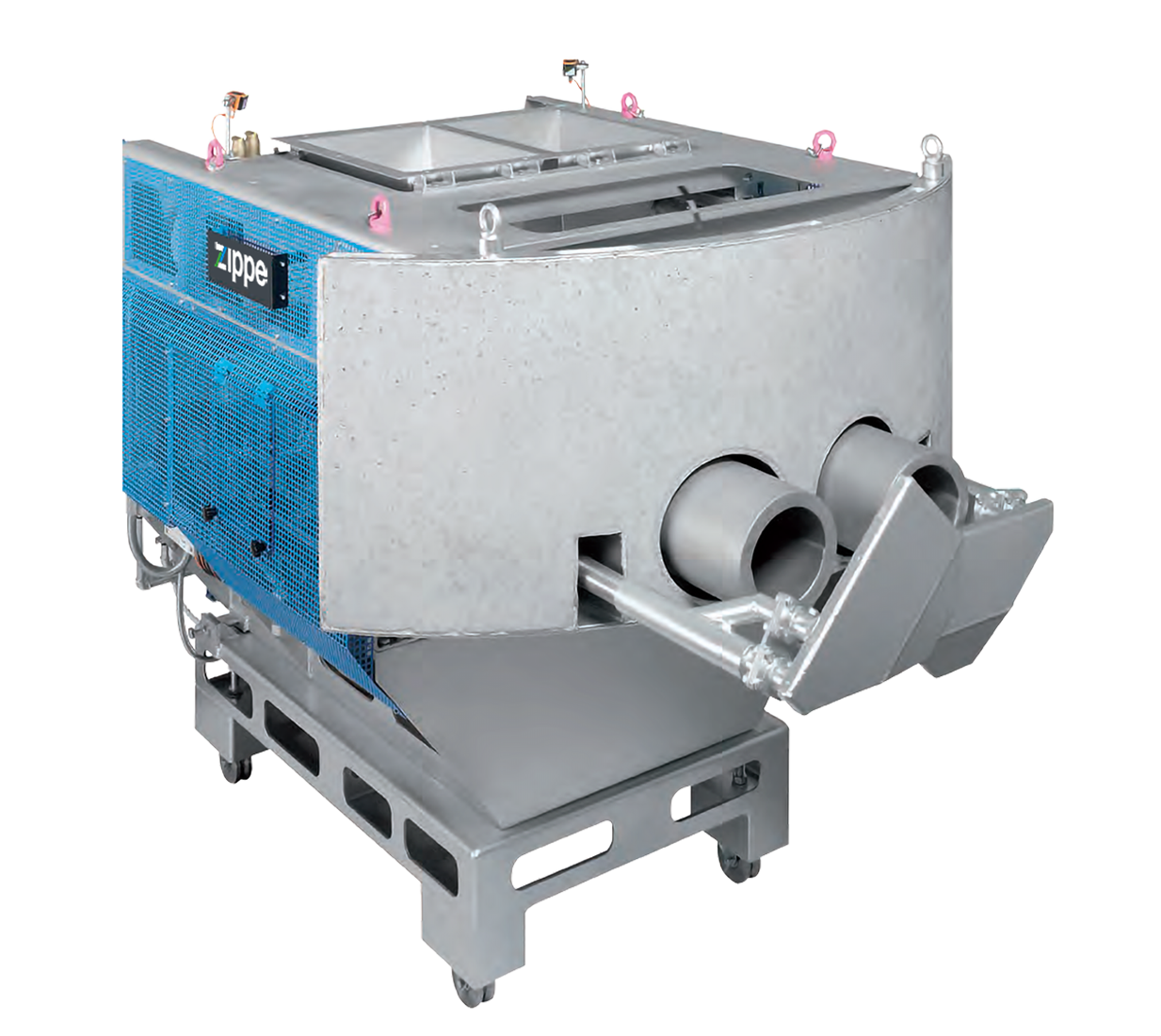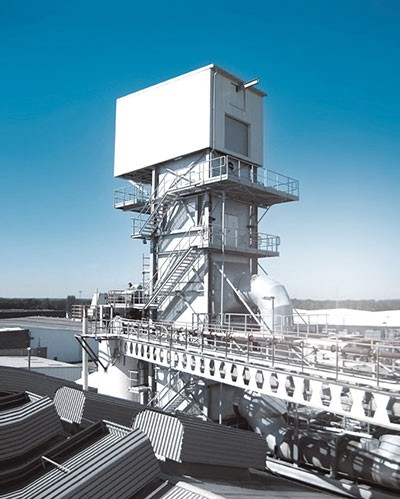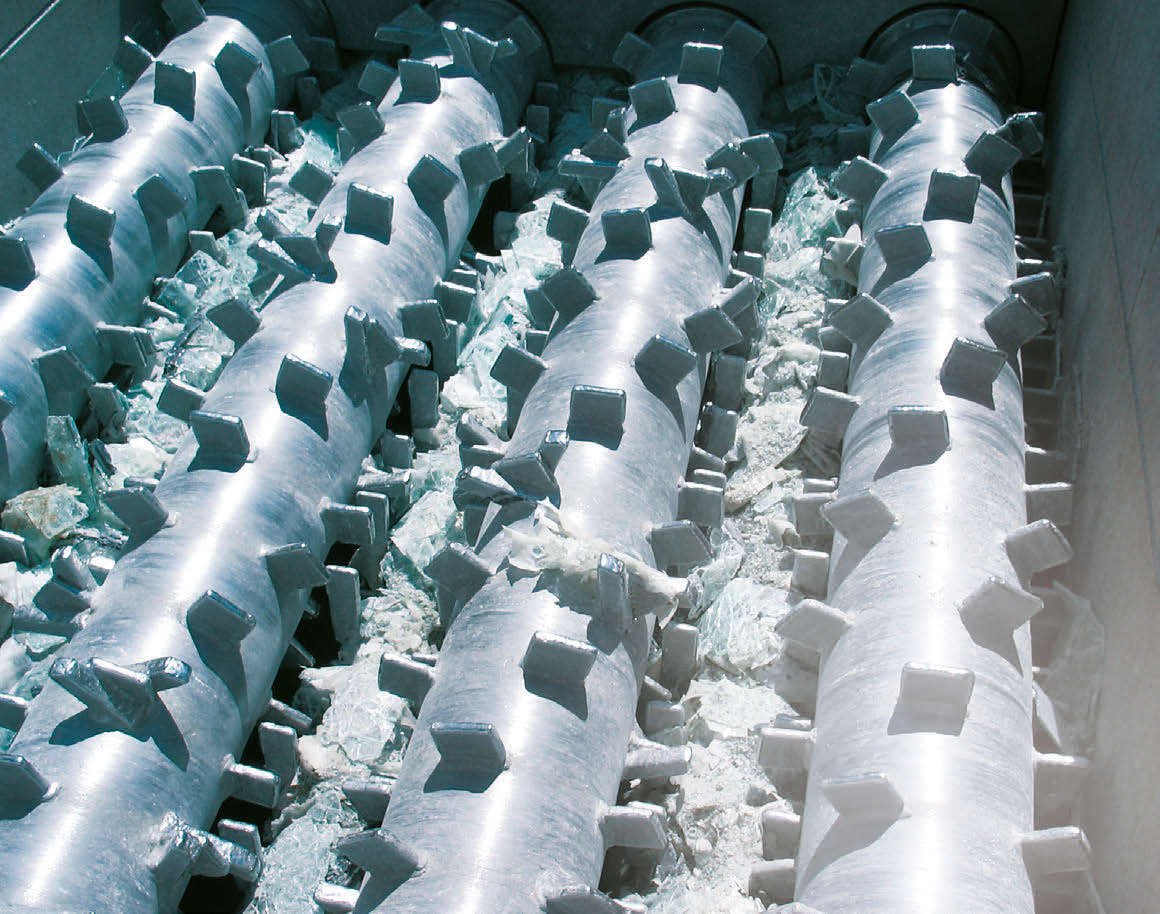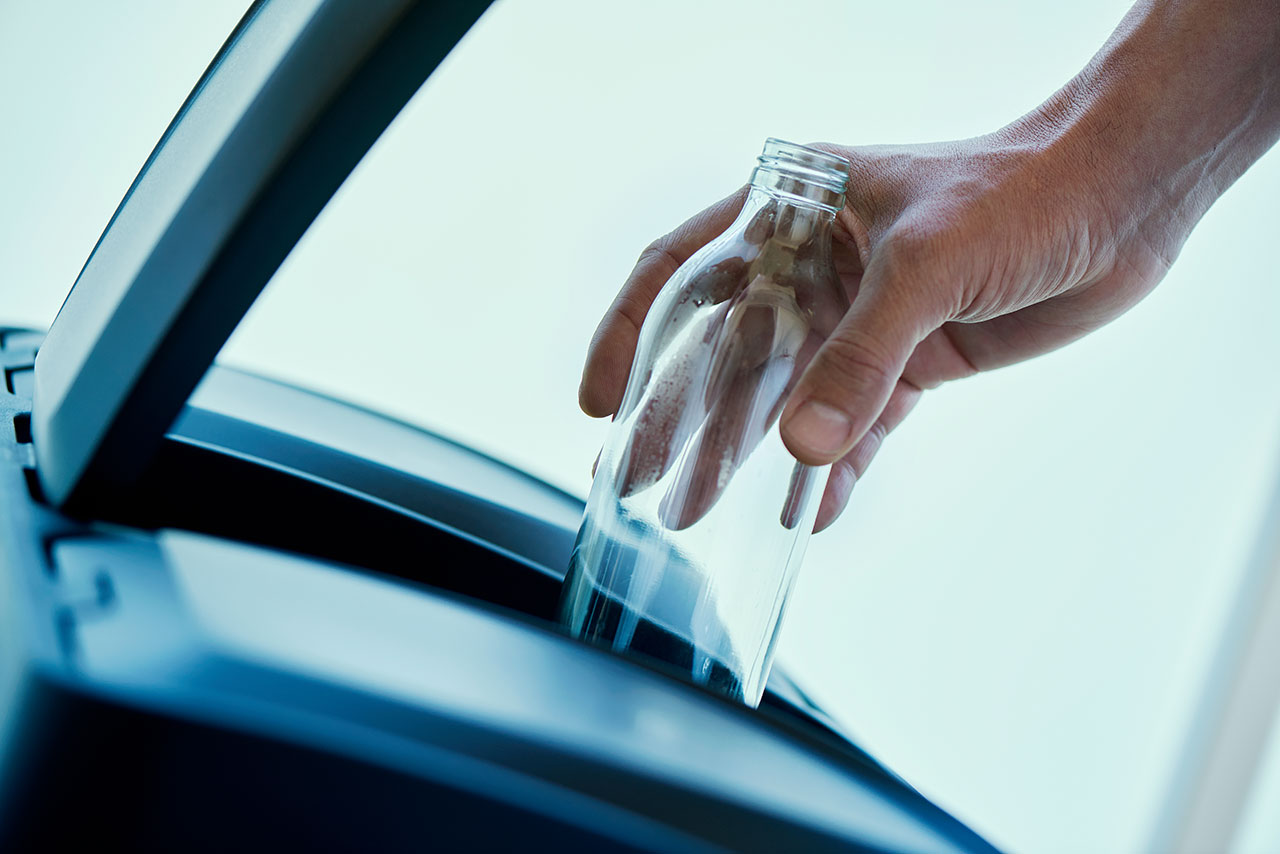Glass is a great start
It’s impossible to ignore the environmental challenges facing us all right now which is why the concept of sustainability has never been more important. And, as we all know by now, it is the only way in which humankind and the environment that supports us will continue to survive.
The future of our planet and future generations lies in our hands but we have to change our behavior, starting right now. A huge difference can be made by choosing ethically made products and sustainable packaging, like glass.
Glass is Infinitely recyclable, so the same glass that you use today may be used by your great-great-great-great-grandchildren! In fact, Glass is 100% recyclable without losing its quality. Glass also provides better protection for contents compared to other packaging materials, also in terms of taste and hygiene as no reactions will take place between content and packaging.
In the glass making process, glass is already recycled, saving energy and natural resources, and reducing carbon emissions. The more recycled content used, the less energy is needed to create new glass, because used glass (cullet) melts at a much lower temperature than the raw materials, reducing carbon emissions drastically.
The glass making process itself is also becoming more and more environment friendly as manufacturers develop new technologies. And Zippe is there – right from the start.
Glass is a great start
It’s impossible to ignore the environmental challenges facing us all right now which is why the concept of sustainability has never been more important. And, as we all know by now, it is the only way in which humankind and the environment that supports us will continue to survive.
The future of our planet and future generations lies in our hands but we have to change our behavior, starting right now. A huge difference can be made by choosing ethically made products and sustainable packaging, like glass.
Glass is Infinitely recyclable, so the same glass that you use today may be used by your great-great-great-great-grandchildren! In fact, Glass is 100% recyclable without losing its quality. Glass also provides better protection for contents compared to other packaging materials, also in terms of taste and hygiene as no reactions will take place between content and packaging.
In the glass making process, glass is already recycled, saving energy and natural resources, and reducing carbon emissions. The more recycled content used, the less energy is needed to create new glass, because used glass (cullet) melts at a much lower temperature than the raw materials, reducing carbon emissions drastically.
The glass making process itself is also becoming more and more environment friendly as manufacturers develop new technology. And Zippe is there – right from the start.
Sustainability
… because it’s part of our DNA.
Environmental protection has always been a top priority at Zippe. For more than 100 years Zippe has supplied high-performance machinery and batch and cullet systems to the international glass industry and, with a team of committed engineers and experts, Zippe offers its customers not only the best economic but also the most ecological solutions to suit their needs.
We design systems to minimize energy and material consumption – even decrease it in existing plants. The longevity of the Zippe systems and machines, as well as their good maintainability and repairability go a long way to ensure sustainability. We can also help with the modernization of plants, and the plant checks, software updates (e.g. SCADA) and system extensions that Zippe offers, further reduce wastage of resources.
Below are a few examples of how Zippe contributes to environmental protection in several areas.
Sustainability
… because it’s part of our DNA.
Environmental protection has always been a top priority at Zippe. For more than 100 years Zippe has supplied high-performance machinery and batch and cullet systems to the international glass industry and, with a team of committed engineers and experts, Zippe offers its customers not only the best economic but also the most ecological solutions to suit their needs.
We design systems to minimize energy and material consumption – even decrease it in existing plants. The longevity of the Zippe systems and machines, as well as their good maintainability and repairability go a long way to ensure sustainability. We can also help with the modernization of plants, and the plant checks, software updates (e.g. SCADA) and system extensions that Zippe offers, further reduce wastage of resources.
Below are a few examples of how Zippe contributes to environmental protection in several areas.
Batch chargers
How about reducing emissions and energy consumption at the same time?
It’s sustainability “right from the start”: The VIBROTUBE® (considered the most advanced and efficient charger in the market) uses a completely closed doghouse. This leads to considerably lower wearing compared to alternative systems. Due to the closed doghouse and the optimized charging pattern, valuable melting energy is saved. Uncontrolled inflow of air is eliminated, resulting in a significant reduction of NOx emission.
The special construction of the EVP-Charger and the use of a heat protection shield means that a charging at relatively small doghouse openings is possible while simultaneously sealing the doghouse and reducing heat loss. Additionally, the capacity of the batch charger can be continuously or discontinuously regulated by a command signal of the glass level controller.
Last but not least is the COLD-TOP charger: true high-tech for electric furnaces. Electric furnaces are becoming more and more popular and each cold-top charger is designed to meet the customer’s individual requirements and is thoroughly evaluated and tested. Electric melting can be one way for a sustainable future of glass and Zippe is ready for it.
Batch chargers
How about reducing emissions and energy consumption at the same time?
It’s sustainability “right from the start”: The VIBROTUBE® (considered the most advanced and efficient charger in the market) uses a completely closed doghouse. This leads to considerably lower wearing compared to alternative systems. Due to the closed doghouse and the optimized charging pattern, valuable melting energy is saved. Uncontrolled inflow of air is eliminated, resulting in a significant reduction of NOx emission.
The special construction of the EVPTM Charger and the use of a heat protection shield means that a charging at relatively small doghouse openings is possible while simultaneously sealing the doghouse and reducing heat loss. Additionally, the capacity of the batch charger can be continuously or discontinuously regulated by a command signal of the glass level controller.
Last but not least is the COLD-TOP charger: true high-tech for electric furnaces. Electric furnaces are becoming more and more popular and each cold-top charger is designed to meet the customer’s individual requirements and is thoroughly evaluated and tested. Electric melting can be one way for a sustainable future of glass and Zippe is ready for it.
Batch pre-heating
Energy saving by waste-heat recovery
Then there is the an unsung hero of sustainability: batch & cullet pre-heating.
Over decades a lot of effort has been put into coping with this challenge. Today new generation preheating systems can run safely without material flow problems and with lower cullet ratios than in the past.
Zippe has built a significant percentage of the batch and cullet preheaters in operation today. It is known throughout the industry that applying this technology can save up to 10-15% of the total melting energy. Simultaneously, CO2 emissions can be reduced considerably and the capacity of production increased.
These systems can be implemented at greenfield sites, but also be retrofitting. Due to the increased focus on green technologies, Zippe is continuously improving this technology and to refine its capabilities to offer you the most advanced systems that right for you but also right for the environment.
Batch pre-heating
Energy saving by waste-heat recovery
Then there is the an unsung hero of sustainability: batch&cullet pre-heating.
Over decades a lot of effort has been put into coping with this challenge. Today third generation preheating systems can run safely without material flow problems and with lower cullet ratios than in the past.
Zippe has built a significant percentage of the batch preheaters in operation today. It is known throughout the industry that applying this technology can save up to 10-15% of the total melting energy. Simultaneously, CO2 emissions can be reduced considerably and the capacity of production increased.
These systems can be implemented at greenfield sites, but also be retrofitting. Due to the increased focus on green technologies, Zippe is continuously improving this technology and to refine its capabilities to offer you the most advanced systems that right for you but also right for the environment.
Factory cullet recycling
The name says it all …
Recycling is one of the fundamental elements in going the sustainable course which is why factory cullet recycling is an integral part of modern glass making.
Glass crushers and scraping conveyors are the foundation for automatic factory cullet processing. Glass crushers make glass manageable, whether collected externally or accumulated in the glassworks. Scraping conveyors are used to deliver the hot glass drops or threads back into production. These scraping conveyors guarantee hot glass recycling around the clock, 24/7, with minimum deployment of personnel. And glass crushers doing it in the same way, only for cold glass. All scraping conveyors are exactly aligned to the requirements of our customers.
Two areas of particular concern to glassmakers are reducing wear and minimizing the portion of fine material in scraping conveyors. For this reason Zippe developed the innovative ZMART® Scraper Control System. Depending on the gob weight and quantity of gobs or hot bottles, this advanced control system module decides whether and at which speed the scraping conveyor operates. In this way high operational flexibility is achieved, the operation time is reduced to a minimum and, above all, this cost-saving alternative is permanently available.
Factory cullet recycling
The name says it all …
Recycling is one of the fundamental elements in going the sustainable course which is why factory cullet recycling is an integral part of modern glass making.
Glass crushers and scraping conveyors are the foundation for automatic factory cullet processing. Glass crushers make glass manageable, whether collected externally or accumulated in the glassworks. Scraping conveyors are used to deliver the hot glass drops or threads back into production. These scraping conveyors guarantee hot glass recycling around the clock, 24/7, with minimum deployment of personnel. And glass crushers doing it in the same way, only for cold glass. All scraping conveyors are exactly aligned to the requirements of our customers.
Two areas of particular concern to glassmakers are reducing wear and minimizing the portion of fine material in scraping conveyors. For this reason Zippe developed the innovative ZMART® Scraper Control System. Depending on the gob weight and quantity of gobs or hot bottles, this advanced control system module decides whether and at which speed the scraping conveyor operates. In this way high operational flexibility is achieved, the operation time is reduced to a minimum and, above all, this cost-saving alternative is permanently available.
Recycling +
Recycling gains more and more in importance. What was already the norm in industrial countries a long time ago, is now on the agenda in almost all countries around the world. However, there are still big differences in the quality and efficiency of the collection systems. In some countries the raw material glass is collected and sorted according to color; sometimes, however, it is collected completely mixed. The proportion of foreign substances (metals, ceramics, waste in general, etc.) also differs from country to country.
Initially, all this information as well as the required capacity of the plant are discussed by Zippe and the customer to design a recycling plant according to exact customer needs.
Post-consumer glass recycling plants typically comprise conveying, crushing, screening, and sorting technology (for example CSP, all-metal separation, color sorting). Zippe designs, supplies, and builds complete post-consumer glass recycling plants.
Recycling +
Recycling gains more and more in importance. What was already the norm in industrial countries a long time ago, is now on the agenda in almost all countries around the world. However, there are still big differences in the quality and efficiency of the collection systems. In some countries the raw material glass is collected and sorted according to color; sometimes, however, it is collected completely mixed. The proportion of foreign substances (metals, ceramics, waste in general, etc.) also differs from country to country.
Initially, all this information as well as the required capacity of the plant are discussed by Zippe and the customer to design a recycling plant according to exact customer needs.
Post-consumer glass recycling plants typically comprise conveying, crushing, screening, and sorting technology (for example CSP, all-metal separation, color sorting). Zippe designs, supplies, and builds complete post-consumer glass recycling plants.
Looking ahead…
Decarbonization
Decarbonization and efficiency are becoming a priority in the changing face of the glass sector as it faces up to the challenge of climate change and a more sustainable world. Adapting to a world of renewable energy and reduced emissions is not as daunting as many companies may think because Zippe is already far ahead in this respect. The use of oxy-fuel and electricity in furnaces will increase and, to meet this anticipated increase in demand Zippe is working on a oxy-fuel optimized batch & cullet preheater.
In addition, Zippe is currently involved in a decarbonization project of the German Environmental Foundation together with Nuremberg and Freiberg technical universities, regarding the issue of the technical integration of the raw materials caustic soda and burnt lime (slaked lime) in existing raw material plants or for plants to be built in the future to decrease the CO2 emissions out of the raw material and not only out of the type of energy used.
Digital glassmaking
The rise in Industry 4.0, digital technology and AI will be fundamentally important to the glass industry. The integration of virtual services means equipment can be installed and systems updated over the internet, rather than personnel undertaking a physical journeys to glass plants. Zippe has developed several solutions to meet many specific customer requirements remotely – already today. Currently, we are working on predictive maintenance, which is based on knowing what is going to happen before it happens, which decreases unexpected downtime and maintenance – because no-one likes unpleasant surprises.
The good news is that things are moving and that Zippe is constantly looking at ways of ensuring not only good glass is produced but that it is produced in a way that’s good for the planet.
Looking ahead…
Decarbonization
Decarbonization and efficiency are becoming a priority in the changing face of the glass sector as it faces up to the challenge of climate change and a more sustainable world. Adapting to a world of renewable energy and reduced emissions is not as daunting as many companies may think because Zippe is already far ahead in this respect. The use of oxy-fuel and electricity in furnaces will increase and, to meet this anticipated increase in demand Zippe is working on a oxy-fuel optimized batch & cullet preheater.
In addition, Zippe is currently involved in a decarbonization project of the German Environmental Foundation together with Nuremberg and Freiberg technical universities, regarding the issue of the technical integration of the raw materials caustic soda and burnt lime (slaked lime) in existing raw material plants or for plants to be built in the future to decrease the CO2 emissions out of the raw material and not only out of the type of energy used.
Digital glassmaking
The rise in Industry 4.0, digital technology and AI will be fundamentally important to the glass industry. The integration of virtual services means equipment can be installed and systems updated over the internet, rather than personnel undertaking a physical journeys to glass plants. Zippe has developed several solutions to meet many specific customer requirements remotely – already today. Currently, we are working on predictive maintenance, which is based on knowing what is going to happen before it happens, which decreases unexpected downtime and maintenance – because no-one likes unpleasant surprises.
The good news is that things are moving and that Zippe is constantly looking at ways of ensuring not only good glass is produced but that it is produced in a way that’s good for the planet.
Keep up with Zippe
Subscribe to our newsletter to receive the latest news directly.

